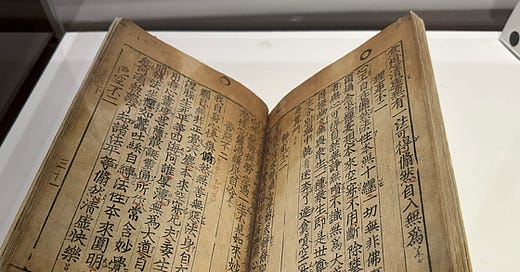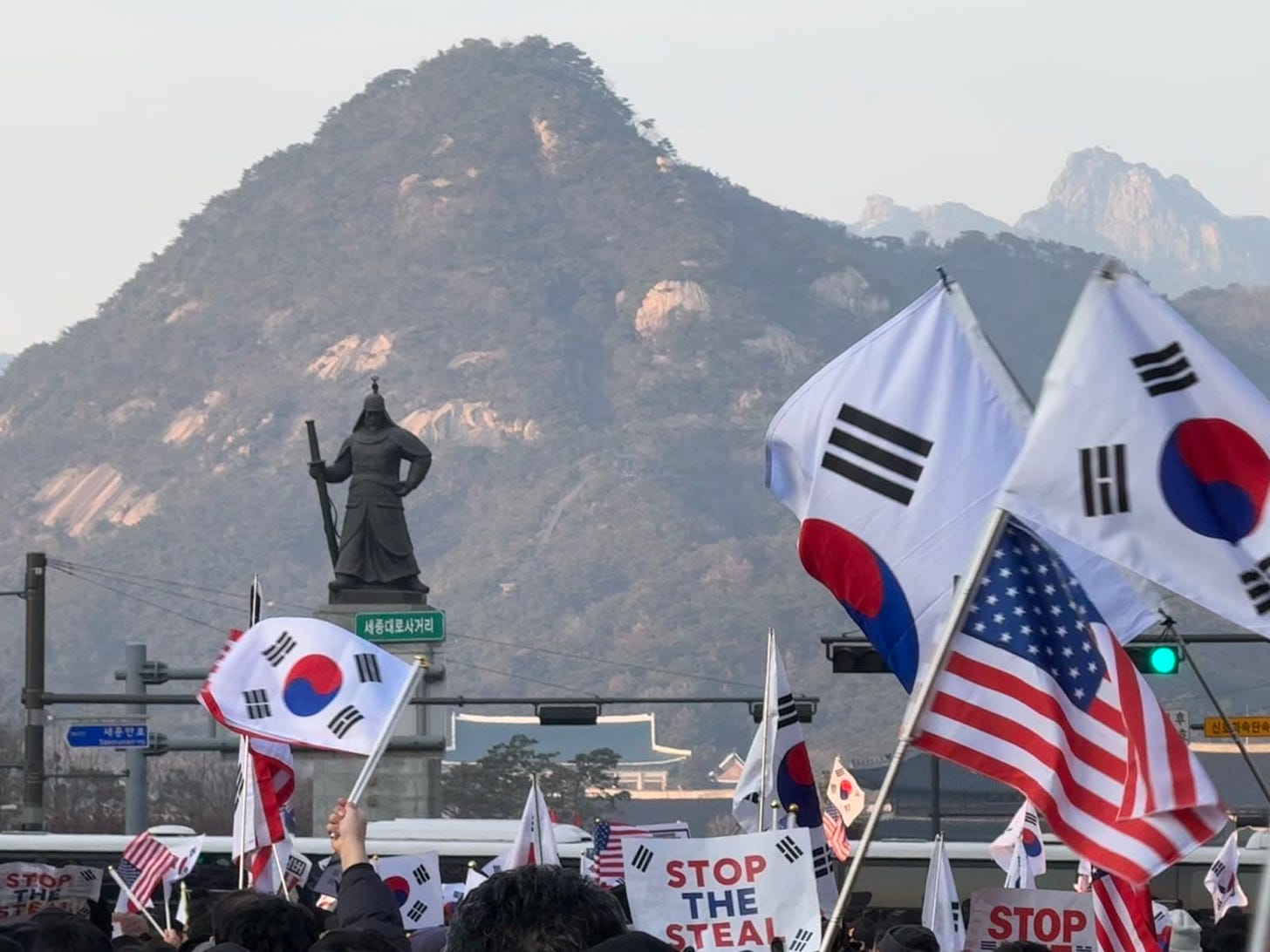How Korea’s Memory Shapes Its Future
Why a Nation That Records Its Past Is Unlikely to Repeat It
Memory is more than an individual trait—it is a defining characteristic of a society. No civilization has a better memory than Korea. From the exhaustive historical records of the Joseon Dynasty to the invention of metal print, and now as the world’s leading producer of DRAM, Korea has continually demonstrated its commitment to preserving and advancing memory. For a society that has devoted so much of its efforts to remembering, Korea stands among the least likely to forget the lessons of its past.
One of the most compelling examples of Korea’s dedication to memory is the Annals of the Joseon Dynasty, the regime that once occupied modern day Korean peninsula. These annals, written by dedicated historians who were forbidden from censorship or external influence, provide an unbroken, objective account of the regimes political, economic, and cultural evolution over a 500yr period. No other civilization has maintained such an extensive, continuous record of its governance, making the Joseon Dynasty the longest documented civilization in history.
Image 1: A Copy of the First Moveable Metal Type Book in the National Museum of Korea
Korea's commitment to documentation extends beyond writing—it also pioneered printing technology. In 1377, 100 years before Johannes Gutenberg invented the printing press in modern day Germany, “Jikji” a series of Buddhist teachings, became the world’s first book printed with moveable metal type. This early innovation in mass-producing written records further solidified the Korean people’s status as a leader in preserving and disseminating knowledge.
Korea has extended its legacy of memory preservation into the digital age trading parchment for silicon. Today, companies like Samsung and SK Hynix dominate the global DRAM market, making Korea the world’s largest producer, by far, of semiconductor memory chips (74% of global supply). Korea’s dominance in this field is no coincidence; it is a natural continuation of their centuries-old expertise in recording and storing information.
On April 4th Korea’s constitutional court will rule on the impeachment decision for President Yoon Suk Yeol, the disgraced politician who was suspended from his duties over his short-lived declaration of martial law in December of last year. Military occupation has been a re-current theme on the Korean Peninsula. In 1919 the people rose against the military occupation of Imperial Japan and established the Republic of Korea. In 1960 the people rose up once more against the Syngman Rye Dictatorship that came into rule following the Korean war.
Image 2: Protesters for Impeached President Yoon Gather in the Streets of Seoul.
For a society that has spent centuries mastering the art of remembering, forgetting the lessons of military rule seems the least likely outcome. With the constitutional court’s ruling on April 4th a new president will be elected within 60 days, bringing the country into a new era. Korea will have to navigate through complicated relations as its two largest trade partners in China and the United States enter a trade war. It will have to face problems at home as an aging population with the lowest birth rate among OECD countries. Yet as the world becomes more reliant on memory intensive technologies like data centers, computerized graphics, and artificial intelligence, innovation in memory has done more than preserve Korea’s past—it has prepared it for the future.





